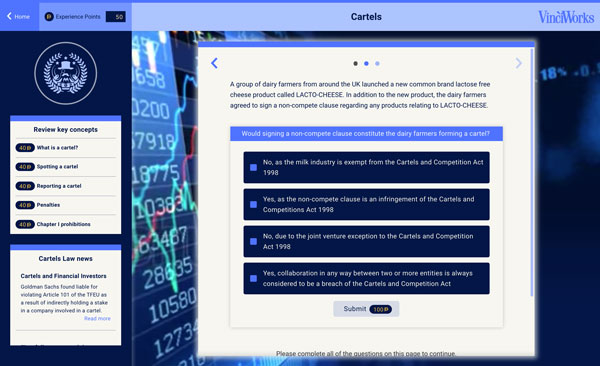
28 January marks the 12th annual Data Protection Day, launched by the Council of Europe in 2006. The day marks the date on which the Council of Europe’s data protection convention, known as “Convention 108” was opened to signature. This was the first legally binding international treaty dealing with privacy and data protection.
Since the last Data Protection Day, the EU has made great strides in ensuring businesses respect and protect individuals’ personal data, with the General Data Protection Regulation (GDPR) coming into force on 25 May. The US looks set to follow suit with the California Consumer Privacy Act, which has a lot of similarities to GDPR, coming into force in January 2020. Further, Google’s recent €50 million fine by France and
While some organisations are slowly working towards complying with GDPR, others are proactively reviewing their policies, processes and training. To help with compliance, the VinciWorks GDPR resource page is regularly updated with policy templates, five minute knowledge checks and direct access to all our GDPR webinars.
GDPR resources
Micro-course: 6 Principles of Data Protection















